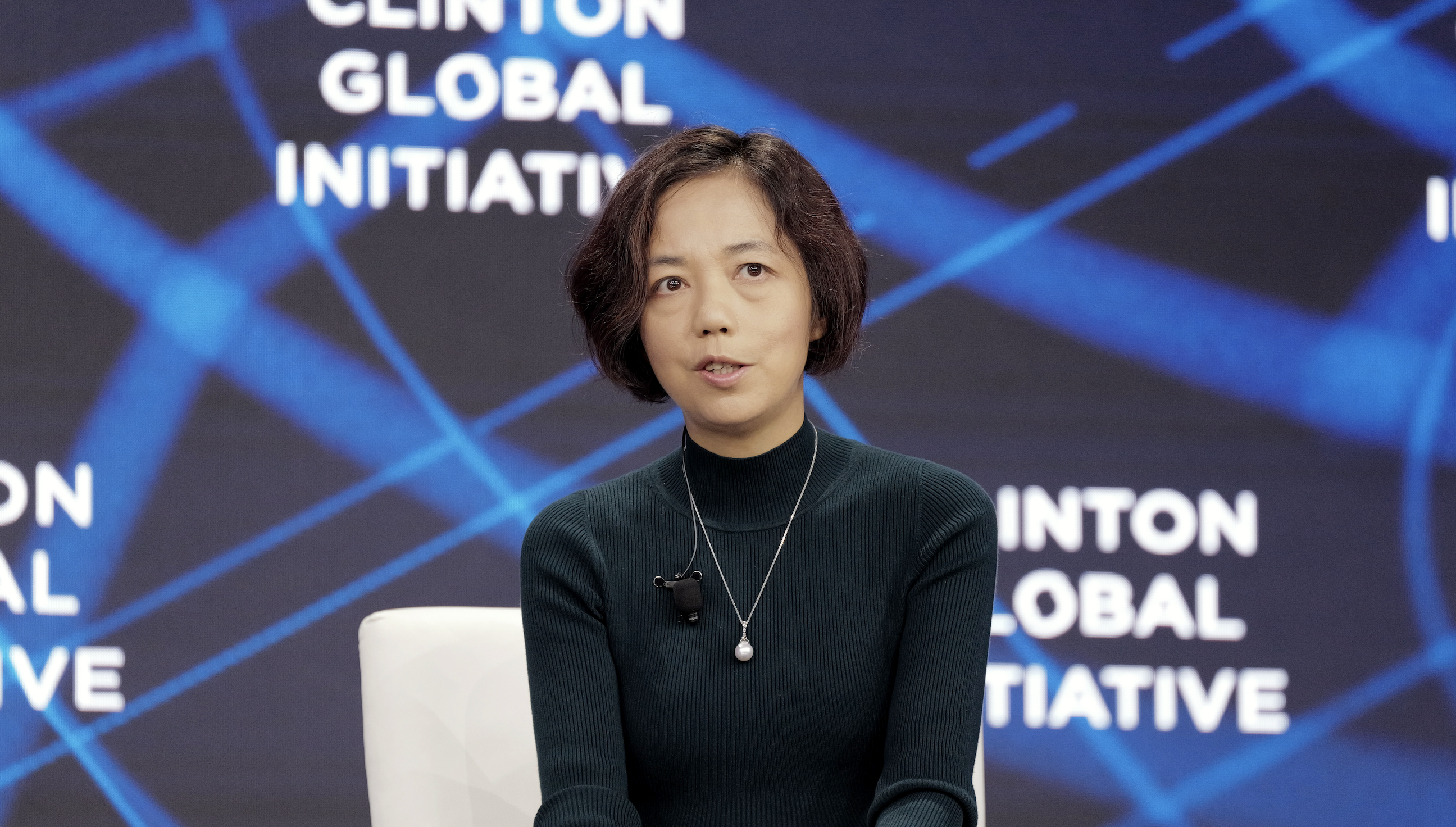Introduction: The Mystery of AGI
Artificial General Intelligence (AGI) is a concept that OpenAI is working hard to achieve, with promise of benefiting humanity. With $6.6 billion in funding, it’s clear they’re serious about it. Yet, the definition of AGI remains elusive, even among experts.
Fei-Fei Li: The ‘Godmother of AI’ Admits Uncertainty
Despite her pioneering work in AI, Fei-Fei Li, a leading figure in the field, acknowledged at the Credo AI Leadership Summit that she too is unsure about what AGI truly is.
Li’s Thoughts on AGI and the AI Singularity
- Li emphasized her academic background, which is grounded in rigorous, evidence-based methods.
- She admitted to the audience that she doesn’t fully grasp what AGI or “AI singularity” really means, stating, “I haven’t seen it.”
Fei-Fei Li’s Contributions to AI
If anyone were to understand AGI, it would be Fei-Fei Li. Her work laid the foundation for much of today’s AI advancements.
ImageNet and the Birth of Modern AI
- In 2006, Li created ImageNet, a massive dataset that was crucial in training AI models.
- ImageNet, combined with the AlexNet architecture and GPUs in 2012, is widely recognized as a turning point in AI’s development.
Career Highlights
- Former Chief Scientist of AI/ML at Google Cloud (2017–2018).
- Currently leads Stanford’s Human-Centered AI Institute and her new startup, World Labs.
OpenAI’s Definition and Progress Towards AGI
While Li is uncertain about AGI, OpenAI has defined it through various lenses.
Sam Altman’s Description of AGI
- Sam Altman, CEO of OpenAI, describes AGI as AI with the capabilities of an average human who could be hired as a coworker.
OpenAI’s Five Levels of AGI Development
- Level 1: Chatbots like ChatGPT.
- Level 2: Reasoners (like OpenAI’s o1).
- Level 3: Agents (next on OpenAI’s agenda).
- Level 4: Innovators, AI that can help invent new things.
- Level 5: Organizational AI, which could handle the tasks of an entire company.
Li’s View on AI Regulation: California’s AI Bill
Fei-Fei Li also discussed AI regulation, particularly California’s controversial AI bill, SB 1047, which Governor Newsom recently vetoed.
Concerns About SB 1047
- Li has been vocal about her concerns regarding the bill and how it would place burdens on technologists rather than addressing broader societal impacts.
- She’s been tapped by Governor Newsom to help shape the future of AI regulation in the state.
Li’s Argument for Balanced AI Regulation
- Li argues that regulations should focus on outcomes, similar to how car safety regulations target safe usage rather than punishing the engineers.
World Labs and Spatial Intelligence
Li’s new startup, World Labs, is tackling another challenging area of AI—spatial intelligence.
The Concept of Spatial Intelligence
- Li explained that while human language took a million years to develop, visual and spatial perception took 540 million years.
- World Labs is working on AI that can not only see but understand and navigate the 3D world.
The Future of Spatial AI
- Li believes that bridging the gap between seeing and doing is critical for future AI advancements.
- She’s excited about how spatial intelligence can transform AI’s interaction with the world.
Conclusion: Artificial General Intelligence
While AGI remains a concept even leading AI researchers find hard to define, the advancements in AI, from spatial intelligence to more complex models, show that the journey is far from over. Fei-Fei Li and her colleagues continue to push the boundaries, even if the destination—AGI—remains unclear.

